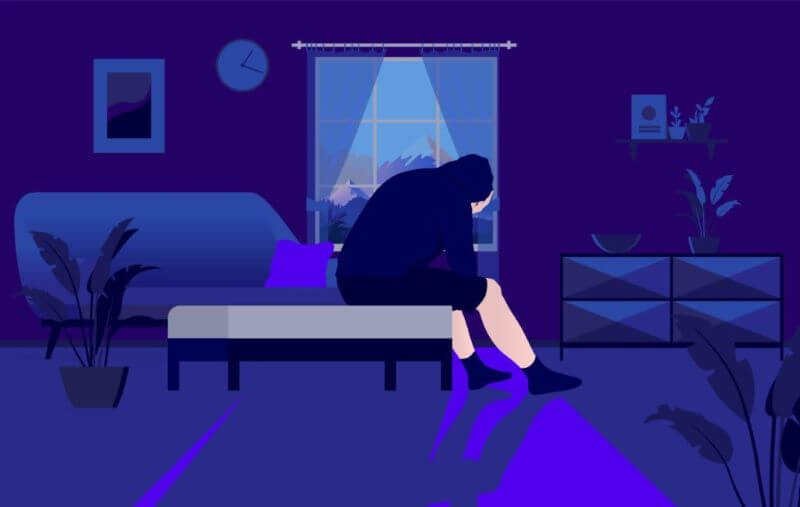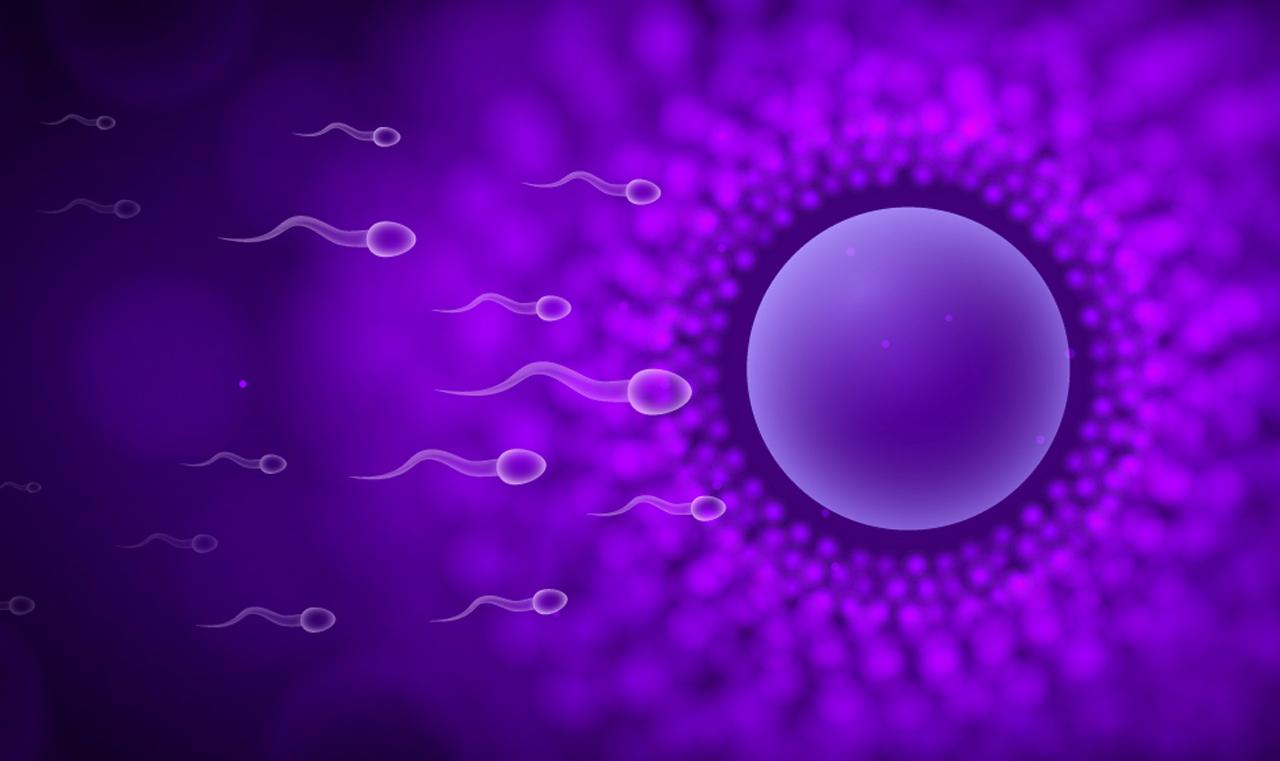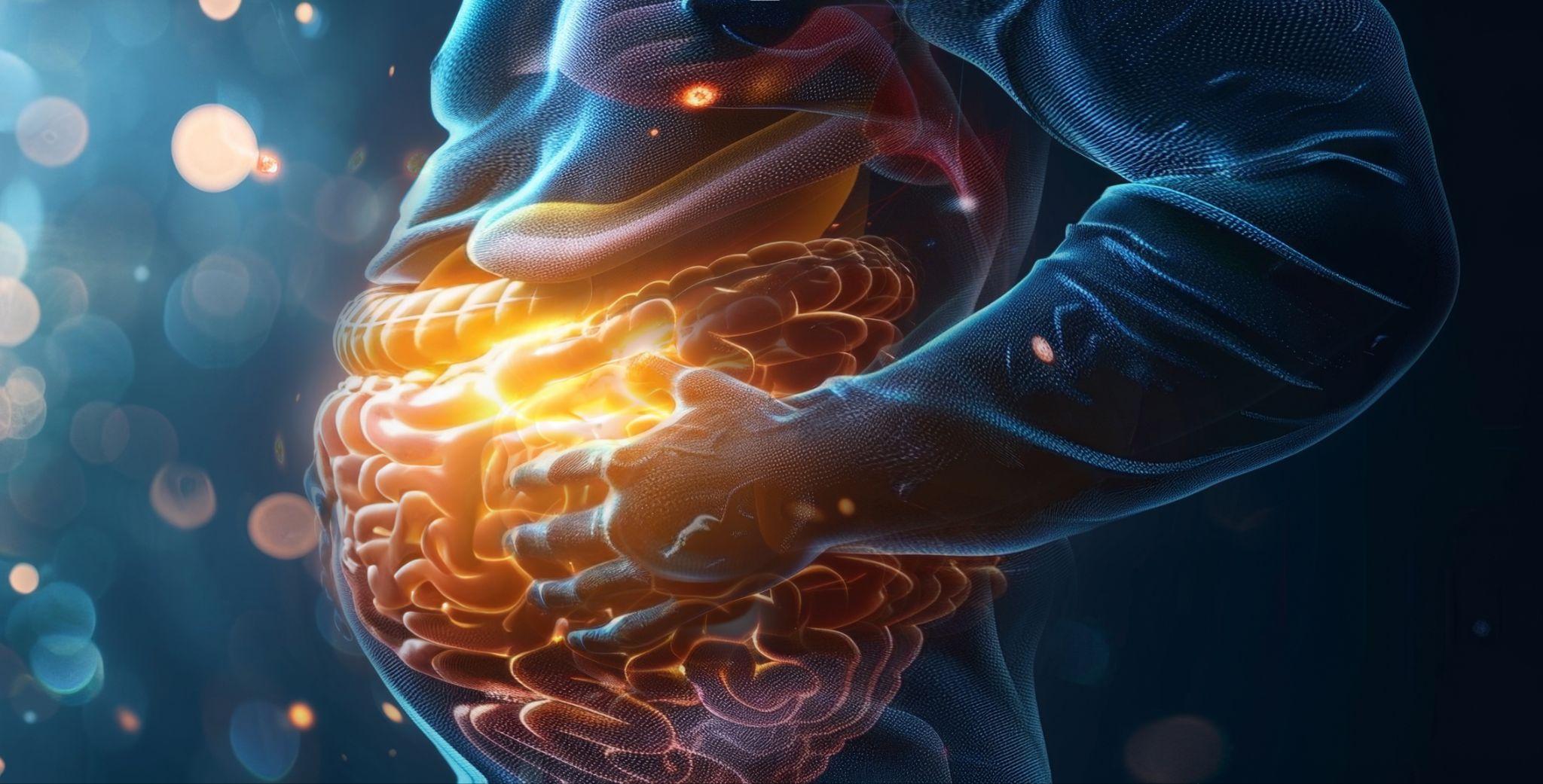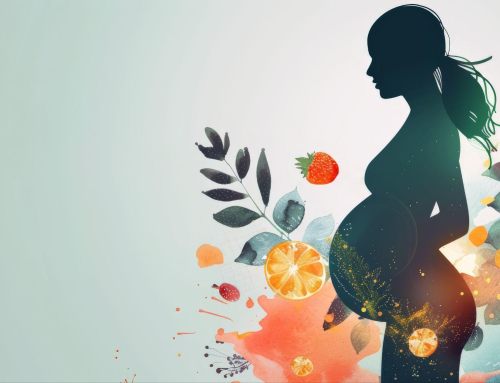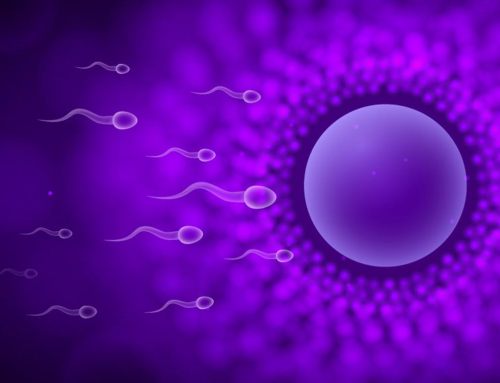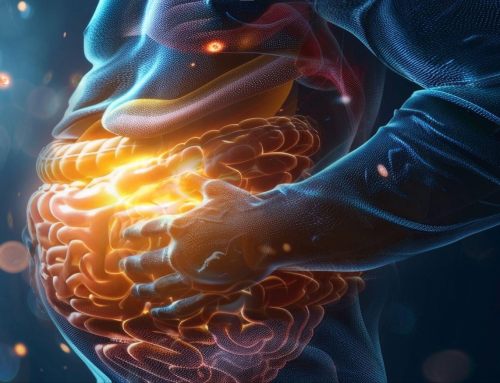The Sleep–Immune System: Disrupted Sleep in the Days of COVID
The repercussions from the lack of sleep are self-evident – decreased mental clarity, increased probability of mistakes, and perhaps a sharp increase in the desire for caffeine. Sleep – quality sleep – is vital to humans and is so physiologically important that every species in the whole animal kingdom requires it (1). Unsurprisingly, Americans are largely sleep-deprived, as professed by the CDC and numerous studies. It’s estimated that roughly half of the American population has some type of sleep disruption, be it poor in quantity or quality (2). Lack of good sleep has a lengthy list of symptoms and many known negative impacts on health. While sleep probably should have been one of the fundamental things to examine early on in the SARS-CoV-2 waves of infection, sleep’s relationship to the immune system is not widely enough recognized for it to be a focus of attention.
Sleep affects numerous complex processes that help maintain human health. As researchers dig into the vast mystery of human sleep cycles, some observations stand out. One observation is that humans have many internal processes that are cyclical in nature, which can be measured in terms of time. Indeed there is intense interest in “circadian rhythms,” the processes in the human body that roughly follow a 24-hour cycle and the biological clocks that can be traced down to the cellular level, which notably can be disrupted by the lack of sleep in a given 24 hour period (“daily”).
Another observation is that research continually adds more aspects of human health that are negatively affected by consistently poor daily sleep. One such aspect is immunity, the ability of the human to defend itself against invading organisms such as bacteria, viruses, or fungi. With the recent focus on widespread SARS-CoV-2 infections, sleep deprivation (in its many aspects and effects) is being hailed as an important risk factor in the impairment of immunity to viral infections. What evidence is there leading up to this conclusion? What is the relationship of sleep to the immune system?
Groundwork: Effects of Sleep Deprivation on Rats and Humans
Rats and mice have been the models used for many studies involving severe sleep deprivation. We know from these early studies that sleep is so important that the lack of it eventually ends in death. Total lack of sleep caused death in rats within a few weeks, and partial sleep deprivation lengthened the lifetime but still ultimately ended in death. Various symptoms besides mortality have been tracked in rat sleep studies, such as food intake, appearance, the integrity of the skin, thermoregulatory changes, and rebound “paradoxical sleep,” which is rapid eye movement (REM) sleep. Immune system function was examined by way of skin integrity, with lesions constituting a general failure of function.
Early studies did not show immune system suppression, but that was changed when a researcher was able to isolate and quantify pathogens in the blood of near-terminal rats that were completely deprived of sleep versus rats that were not.
Sleep Affects the Immune System (and Vice Versa)
There appears to be a type of bi-directionality to sleep and the immune system. Lack of sleep lowers resistance to infection, while immune system challenges such as viral infections can, in turn, disrupt sleep patterns. This dynamic has been studied vigorously, as Ragnoli, et. al has cataloged (1).
One interesting dynamic that was captured pertains to sleep deprivation, cortisol levels, and immune system responses. Cortisol is a hormone made by the adrenal glands that are elevated during stress, releasing glucose from storage to assist in the “flight or fight” response. Total sleep deprivation (TDS) resulted in increased cortisol levels, but “chronic circadian misalignment,” which is the situation where wakefulness occurs when one is normally asleep, reduces cortisol levels. However, even though it reduced the stress hormone cortisol, chronic circadian misalignment simultaneously had impacts on both pro- and anti-inflammatory proteins involved in immune system responses. It increased:
- Tumor necrosis factor-alpha (TNF-α), which is known to increase insulin resistance, a key factor in the metabolic disorder diabetes
- IL-6 (interleukin 6), a pro-inflammatory cytokine (a cell-signaling protein involved in immunomodulation) that can increase the perception of pain in cases of sleep deprivation (3)
- IL-10 (interleukin 10), an anti-inflammatory cytokine involved in immunoregulation, and
- CRP (C-Reactive Protein), a protein released in the blood in response to inflammation.
The increase in TNF-α has been verified in studies on sleep deprivation in healthy men, while the increase in IL-6 has been confirmed numerous times in both humans and animals (1). There is undeniably a direct impact of disordered sleep on the immune system.
One piece of evidence for sleep being affected by a virus goes back to 2006, in a study of those who had acute poliovirus infections many years before the study and were experiencing sleep difficulties. The virus had so altered their physiology that sufferers experienced neuromuscular and respiratory syndromes years later, including sleep apnea (obstruction – temporary but complete cessation of breath) and hypopnea (partial obstruction – slower, shallower breath than normal) (1). In sleep studies, apneas and hypopneas have been shown repeatedly to disrupt the continuity of sleep.
Another virus associated with disrupted sleep is the human immunodeficiency virus (HIV). HIV infection was associated with reductions in three different types of sleep: rapid eye movement (REM) sleep, the total amount of sleep, and stage 3 non-REM sleep (deep sleep). These sleep deficits could not be completely explained by mood (anxiety or depression), nor by side effects from medications, so it was postulated that there was a relationship between the immune system and sleep. To test this theory, rabies-infected mice that had suppressed immune systems were compared to rabies-infected mice with functioning immune systems. Interestingly, both had the same type of disrupted sleep patterns, so it was inferred the rabies virus itself was driving the disrupted sleep pattern, not the immune response to the virus.
According to Ragnoli et. al, the effects of the influenza virus on sleep have been studied extensively (1), perhaps because it is a virus that can cross the blood-brain barrier and breach the central nervous system. In mice, inoculating them intra-nasally with flu viruses broadened non-REM but decreased REM. Of particular interest was the fact that the same flu virus acted differently in two different strains of mice, hinting that some genetics may be at play as well (1).
In regards to sleep affecting immunity, it has been known for a long time that sleep deprivation can have a strong effect on immunity in both mice and humans. Being deprived of just seven hours of sleep negatively affected the ability of mice to mount an immune response to a flu virus compared to well-rested mice (1). In humans, the risk of catching a common cold goes up when experiencing less sleep. Two of the underlying mechanisms that have been proposed for this increased susceptibility to infection are a decrease in overall T lymphocytes and impairment of particular T lymphocytes, the CD4+ cells (the “helper T cells”) and CD8+ cells (the “killer T cells”). The CD4+ cells “help” the immune system by pointing out what cells need to be destroyed. The CD8+ cells are cytotoxic and directly able to destroy pathogens by releasing toxins into them. There does not even need to be total sleep deprivation, even partial sleep deprivation can result in this direct hit to the frontline workers in the human immune system.
Connections: SARS-CoV-2 Infection and Sleep
The most startling statistic coming out of numerous COVID-19 studies was that severe sleep issues produced an 88% increase in the odds of contracting COVID-19 (the set of symptoms associated with infection by the SARS-CoV-2 virus). Being able to obtain an adequate length of sleep decreased the odds of getting COVID-19. In a different study, it was shown that the combination of having COVID-19 and being male and older increased the odds of having disrupted sleep. Again, this bidirectionality is being seen between sleep and the immune system – the virus affects sleep, and lack of sleep increases susceptibility to the virus. Some are calling this bidirectional aspect the “sleep-immune system.”
In regards to COVID-19 / SARS-CoV-2 infection, one mechanism posited as a potential disruptor of the sleep-immune system is melatonin. Melatonin is secreted by the pineal gland and is involved in the sleep-wake cycle. The dynamic of disrupting the sleep-immune system works in the following way. The circadian rhythm has shown a dependency upon the concentrations of melatonin, while melatonin release regulates immune system responses in part by decreasing pro-inflammatory cytokines. The immune system and the sleep-wake cycle share melatonin as a key player in both systems. Poor sleep disrupts the circadian rhythm, decreasing the release of melatonin at the appropriate time of night, and thereby increasing the odds of infection by SARS-CoV-2 because of the weakened impact of melatonin on the immune system. In mice, melatonin was shown to be an adequate therapy for SARS-CoV-2 infection. In a study on humans with COVID-19, melatonin was shown to have an anti-inflammatory effect thought to be caused by its manipulation of two different types of transcription factors (4).
Conclusion: Sleep Deprivation as a Risk Factor
With all the evidence that disrupted sleep or lack of sleep has direct ties to the immune system, it makes sense that sleep should emerge as a risk factor for SARS-CoV-2 infection, or any viral infection for that matter. To maintain health, the CDC says that a good goal for the length of sleep is seven or more hours a night (5) for an adult. Quality of sleep is just as important as the duration of sleep for good health. Any sleep disruption can cause a ripple effect from the circadian rhythms down to the cellular defenses of the immune system. Mastering the ability to have consistent, daily deep sleep is something that can reap vast positive benefits to human health, including increased resilience to viral infections, adequate hormone cascades, and robust circadian rhythms.
Sources:
- Ragnoli B, Pochetti P, Pignatti P, Barbieri M, Mondini L, Ruggero L, Trotta L, Montuschi P, Malerba M. Sleep Deprivation, Immune Suppression and SARS-CoV-2 Infection. Int J Environ Res Public Health. 2022 Jan 14;19(2):904. doi: 10.3390/ijerph19020904. PMID: 35055726; PMCID: PMC8775678.
- Di H, Guo Y, Daghlas I, Wang L, Liu G, Pan A, et al. Evaluation of sleep habits and disturbances among us adults, 2017-2020. JAMA Network Open. 2022;5(11).
- Haack M, Sanchez E, Mullington JM. Elevated inflammatory markers in response to prolonged sleep restriction are associated with increased pain experience in healthy volunteers. Sleep. 2007;30(9):1145–52.
- DiNicolantonio JJ, McCarty M, Barroso-Aranda J. Melatonin may decrease risk for and aid treatment of COVID-19 and other RNA viral infections. Open Heart. 2021 Mar;8(1):e001568. doi: 10.1136/openhrt-2020-001568. PMID: 33741691; PMCID: PMC7985934.
- How much sleep do I need? [Internet]. Centers for Disease Control and Prevention. Centers for Disease Control and Prevention; 2022 [cited 2022Nov17]. Available from: https://www.cdc.gov/sleep/about_sleep/how_much_sleep.html
